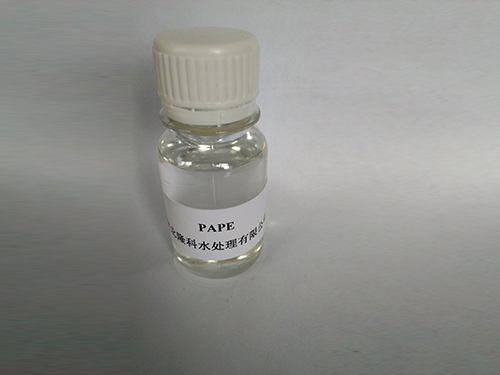Exploring the Applications and Benefits of Zinc HEDP in Various Industries and Technologies
The Importance of Zinc HEDP in Modern Industries
Zinc hydroxyethylidene diphosphonic acid (Zinc HEDP) is a versatile compound that has gained significant attention in various sectors, including water treatment, agriculture, and the manufacturing industry. As a chelating agent, Zinc HEDP not only plays a crucial role in inhibiting corrosion but also serves as an effective chemical for controlling scaling and biofouling in industrial systems.
Understanding Zinc HEDP
Zinc HEDP is a phosphonic acid derivative, characterized by its ability to interact with metal ions, particularly zinc. This interaction forms stable complexes that are crucial for various applications. The compound is water-soluble and exhibits excellent thermal stability, making it suitable for a range of environments. One of the key features of Zinc HEDP is its ability to prevent precipitation of calcium carbonate and other inorganic salts, effectively controlling scaling in water systems.
Applications in Water Treatment
In the water treatment industry, Zinc HEDP is extensively used as a scale inhibitor and corrosion protector. When added to water systems, it reduces the likelihood of scale formation in pipes and heat exchangers, thereby enhancing efficiency and extending the lifespan of the equipment. Besides, its chelating properties ensure that harmful metal ions are kept in solution, preventing them from causing damage to the system. Moreover, the use of Zinc HEDP has been linked to lower operational costs in water treatment processes due to reduced maintenance and downtime.
Role in Agriculture
zn hedp 锌hedp

Zinc is an essential micronutrient for plant growth, and its availability in the soil can significantly affect crop yield. Zinc HEDP can improve the bioavailability of zinc, allowing plants to absorb it more readily. By using Zinc HEDP as a fertilizer additive, farmers can enhance the growth and health of their crops. This is particularly important in areas where soil zinc levels are low, as it can lead to deficiencies that adversely affect plant development. Incorporating Zinc HEDP into agricultural practices not only boosts crop yields but also ensures the sustainability of farming systems.
Industrial Manufacturing
In the manufacturing sector, Zinc HEDP proves valuable in a variety of formulations, including detergents, plastics, and coatings. Its properties as a stabilizing agent help improve the performance and durability of various products. For instance, in plastics, Zinc HEDP can act as an antioxidant, protecting the material from degradation due to heat and light exposure. This contributes to longer-lasting products and reduces the need for replacements, aligning with contemporary sustainability goals.
Environmental Considerations
The environmental impact of Zinc HEDP is also an important subject of discussion. Being a phosphorus-containing compound, there are concerns regarding its potential contribution to eutrophication in water bodies. However, when used responsibly and in the right concentrations, Zinc HEDP can be part of environmentally friendly solutions by reducing the overall need for more harmful chemicals in water systems. Manufacturers are continuously exploring ways to utilize Zinc HEDP responsibly, ensuring compliance with environmental regulations while maximizing its benefits.
Conclusion
Zinc HEDP is an indispensable compound in modern industry, providing a range of benefits from corrosion inhibition to enhanced agricultural practices. Its multifunctionality and efficiency make it a preferred choice for various applications in water treatment, agriculture, and manufacturing. As we progress into an era that values sustainability and efficiency, the role of Zinc HEDP will likely continue to expand, highlighting the importance of integrating such compounds into our industrial processes and agricultural practices. By leveraging the advantages of Zinc HEDP, industries can achieve better performance, lower costs, and a more sustainable approach to resource management.
-
Water Treatment with Flocculant Water TreatmentNewsJun.12,2025
-
Polymaleic AnhydrideNewsJun.12,2025
-
Polyaspartic AcidNewsJun.12,2025
-
Enhance Industrial Processes with IsothiazolinonesNewsJun.12,2025
-
Enhance Industrial Processes with PBTCA SolutionsNewsJun.12,2025
-
Dodecyldimethylbenzylammonium Chloride SolutionsNewsJun.12,2025





